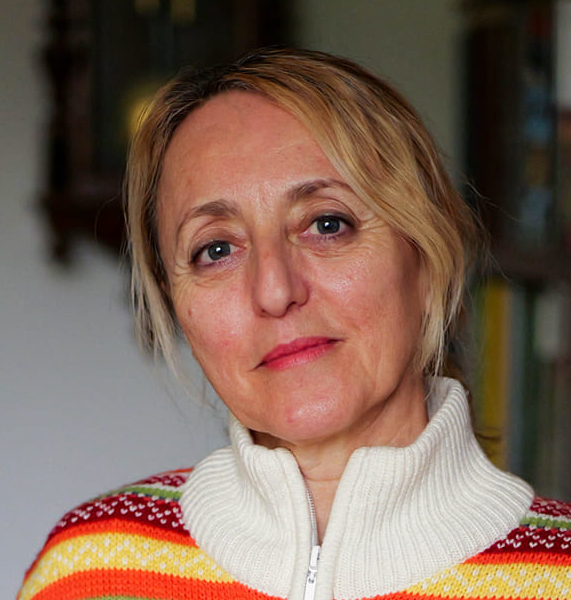Born in Italy, Luissa returned to Romania, to her mother’s native village of Vâlcele in the commune of Feleacu, Cluj County, to build a business that blends passion with scientific research.
From Italy to Romania – a journey with deep roots
Luissa’s father is Italian, and her love for dough and baking was instilled in her from childhood, when she would watch her father making pizza in their kitchen. “The oven has to be hot, the dough has to be proofed just right, you need to know what it should look like, how to handle it,” she recalls, emphasizing that she grew up practicing and observing the craft of bread-making.
After gaining professional experience in the UK, where she also worked in a Jewish community and made sourdough bread for the first time, Luissa decided to return to Romania. It wasn’t a random choice — her mother was born here, and this is where her roots and values lie.
A business in her mother’s village – a challenge with a surprising outcome
“I came thinking that people would welcome this bread with open arms, that we’d have an affordable rental in the village and then serve the Cluj market. But I quickly discovered it wasn’t that simple,” Luissa admits. In Romanian villages, bread is a familiar, almost communal craft — people know how to make it. So when a young woman with experience from abroad offers a different kind of bread, reactions can be surprising.
The surprise was that the bread caught on immediately. “When someone comes back and orders the same product again, that’s the best kind of validation,” says Luissa.
Today, quality and consistency are her guiding principles.
A PhD inspired by her grandmother’s words: tradition meets science
Luissa doesn’t just make bread — she also studies the science behind it. Her PhD focuses on natural starters, fermentation, and digestibility — how dough and the fermentation process can make bread a healthy food that doesn’t cause discomfort. “We avoid adding a large amount of yeast and waiting for the bread to rise in two hours. We use starters that ferment for two to three days, which makes the product healthier for the body.”
This approach also stems from a personal experience. After spending years abroad, Luissa was diagnosed with acid reflux and irritable bowel syndrome, which made it impossible for her to eat regular bread. That’s when she began to rethink how she made bread — and how she ate.
Lessons from the West and the reality in Romania
“Abroad, I learned what appreciation at the workplace means, along with trust and proper compensation. In Romania, I didn’t have that kind of support, but the experience made me stronger,” Luissa says. Living abroad gave her the courage to start a soul-driven project in her mother’s village — not just as a business, but as a personal mission.
A connection to the past: her grandmother’s mill and a belief in bread
Luissa’s grandparents owned a mill in Feleacu, and that memory accompanies her with every loaf she bakes. “When I touch the bread, I feel closer to God and to my family,” the young entrepreneur confesses.
Luissa believes that today’s youth need more education about nutrition and health. “Many young people have digestive issues and don’t know why. I had to relearn how to eat and become mindful of what I consume in order to feel well.”
A message for dreaming youth
“I’d tell them to listen to their hearts and stick with what brings them joy. It’s important to surround yourself with people who inspire and support you. Courage and patience are essential for any project.”
Luissa Maino doesn’t just bake bread — she’s building a bridge between tradition and science, between Italy and Romania, between the village and the world. Her story is a reminder that, in the end, if you have bread, you have everything. And when the bread is good, it’s enough.
Filming and video editing: Anastasia Sucitu
